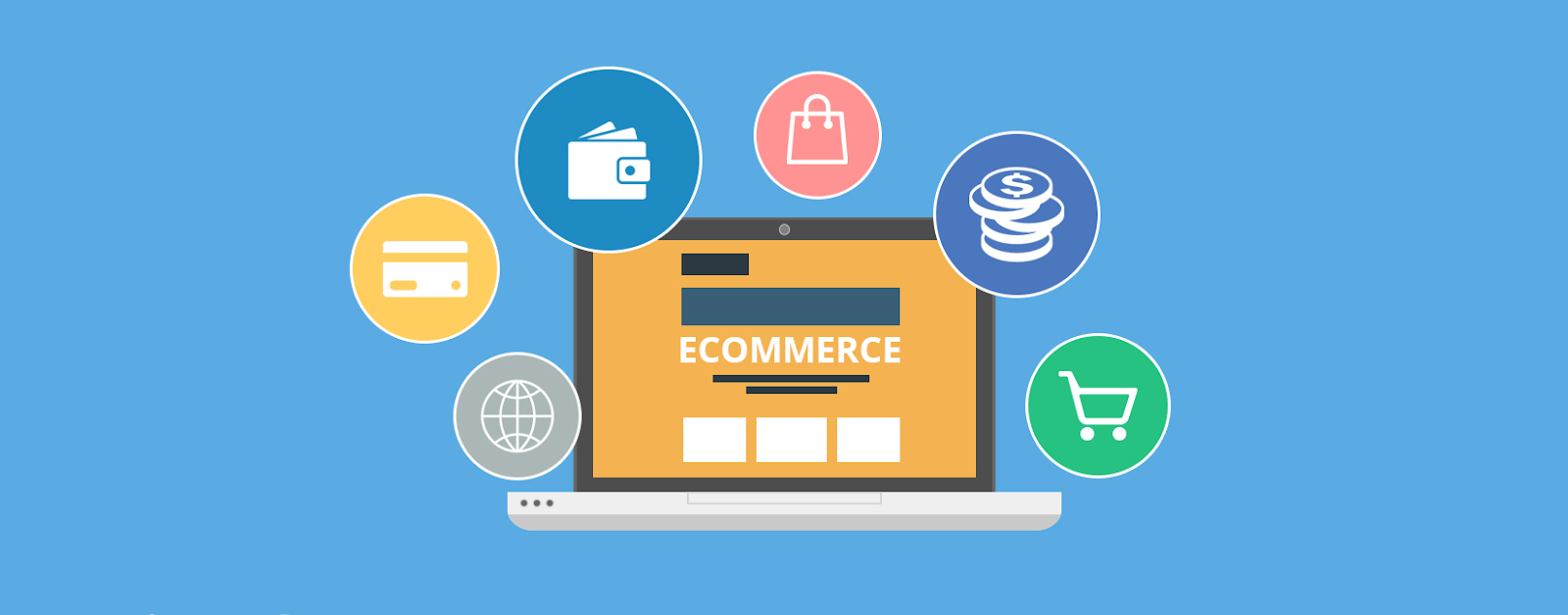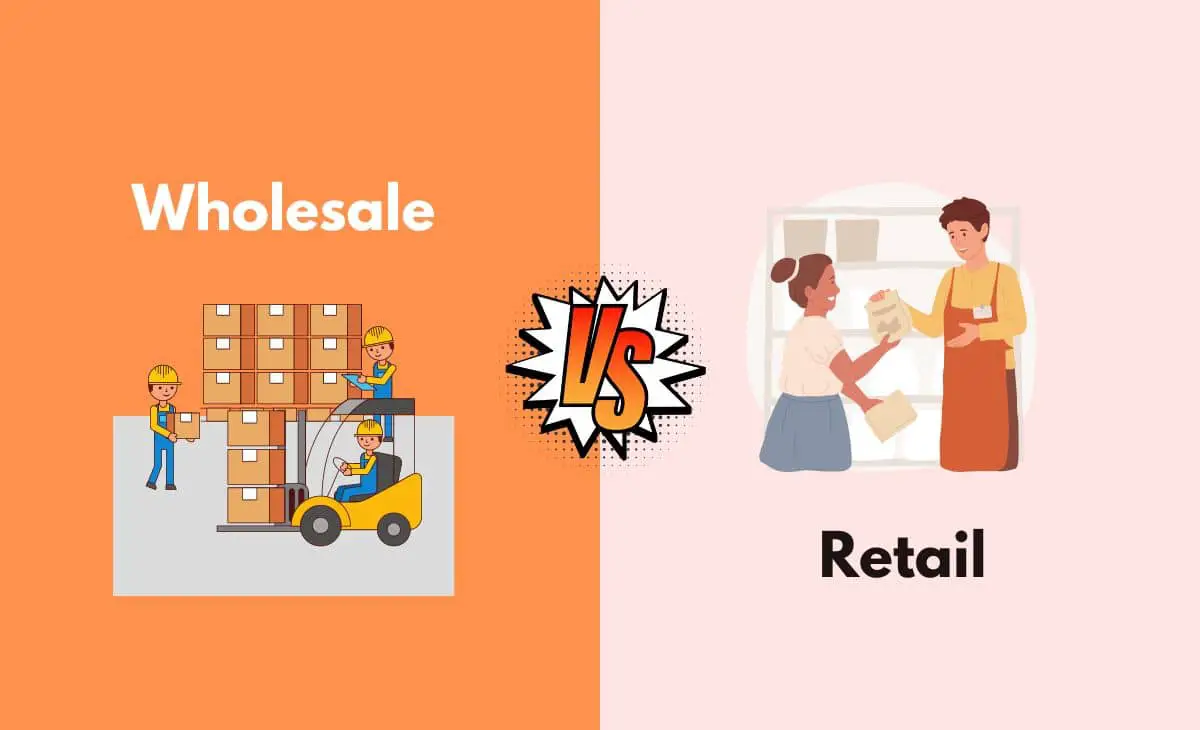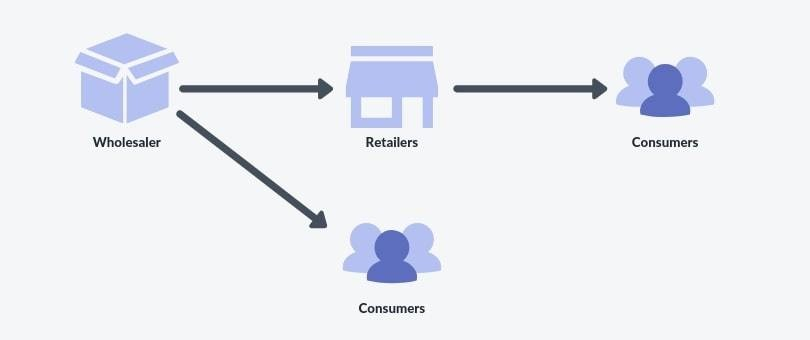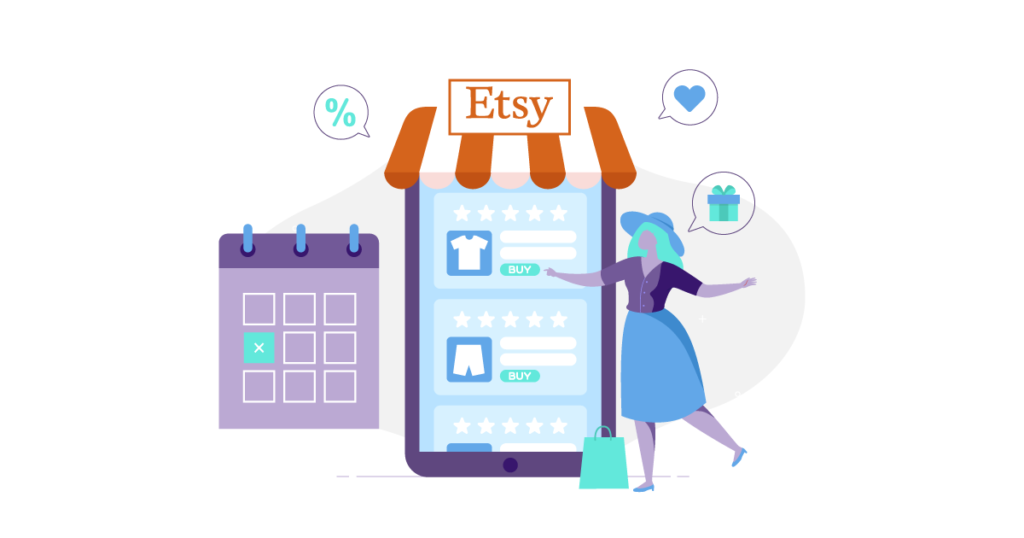What is a reseller? How to start a reselling business online?

In today’s dynamic and interconnected world of commerce, opportunities to embark on entrepreneurial ventures abound. One intriguing avenue that has gained considerable traction is reselling. But what exactly is an eCommerce reseller, and how can you harness the power of online platforms to establish and thrive in a reselling business? This article delves into the fundamentals of reselling, shedding light on what it entails and providing a comprehensive guide on how to kickstart your own reselling enterprise in the vast realm of the internet.
How to start an eCommerce reselling business online
An eCommerce reseller is an individual or business entity that purchases products or services from a manufacturer, distributor, or wholesaler and then sells them to consumers for a profit. eCommerce resellers act as intermediaries in the supply chain, bridging the gap between producers and end-users. They typically buy products in bulk or at a discounted price and then sell them at a higher price to make a profit. Starting a reselling business online involves several steps:
-
Choose your niche: Select a niche or product category that you are knowledgeable about and passionate about. It’s crucial to understand your chosen market to make informed decisions.
-
Market research: Conduct comprehensive market research to identify the demand for products within your selected niche. Analyze your competition to understand their pricing, marketing strategies, and customer base.
-
Legal requirements: Register your business and obtain any necessary licenses or permits. The specific requirements can vary based on your location and the nature of your business.
-
Business plan: Create a business plan outlining your business goals, target audience, sourcing strategy, pricing strategy, and marketing plan. This plan will serve as your roadmap.
-
Source products: Find reliable suppliers or wholesalers from whom you can source products. You can explore various options like local wholesalers, online wholesale marketplaces, or direct relationships with manufacturers.
-
Set up your online store: Select an e-commerce platform or website builder to establish your online store. Popular options include Shopify, WooCommerce (for WordPress), BigCommerce, and Magento. Customize your store’s design, add product listings, and set up payment and shipping options.
p

- Pricing strategy: Determine your pricing strategy. Consider factors like product cost, shipping fees, and desired profit margins. Be competitive in your pricing while ensuring you maintain profitability.
- Inventory management: Implement an inventory management system to track your products, monitor stock levels, and ensure you can fulfill customer orders efficiently.
- Photography and product descriptions: Take high-quality photos of your products and write compelling product descriptions. Clear and informative listings can help attract customers.
- Payment processing: Set up a secure and efficient payment processing system to accept payments from customers. Popular payment gateways include PayPal, Stripe, and Square.
- Shipping and fulfillment: Choose a reliable shipping and fulfillment method. You can handle shipping in-house or partner with a third-party logistics (3PL) provider for order fulfillment.
- Website optimization: Optimize your website for user experience and search engine visibility (SEO). This includes optimizing product pages, using relevant keywords, and ensuring fast page load times.
Read more: 13+ best magento SEO services that boost your organic traffic and ranking
- Marketing and promotion: Develop a digital marketing strategy to drive traffic to your online store. This may include social media marketing, search engine optimization (SEO) email marketing, content marketing, and pay-per-click advertising.
- Customer service: Deliver outstanding customer service to cultivate trust and loyalty among your customer base. Be responsive to inquiries, address customer concerns promptly, and offer easy return and refund policies.
User Experience Solutions for Magento 2
Significantly improve shopping experience for your online storeWhat is the difference between Wholesale and Retail
| Aspect | Wholesale | Retail |
|---|---|---|
| Scale of Sale | Large quantities (bulk) | Smaller quantities (individual items) |
| Target Customers | Businesses, retailers, wholesalers | Individual consumers |
| Pricing | Lower per unit (discounted) | Higher per unit (marked up) |
| Packaging | Plain or generic packaging, not consumer-focused | Consumer-friendly packaging, branding |
| Minimum Orders | Often have minimum order requirements | Typically no minimum order requirements |
| Sales Process | Often involves negotiation, B2B relationships | Geared toward consumer shopping experience |

Scale of Sale
- Wholesale: Wholesale transactions involve selling goods in large quantities, typically in bulk.
- Retail: Retail transactions involve selling goods in smaller quantities, often as individual items or small packages.
Target Customers
- Wholesale: Wholesalers primarily target businesses, retailers, or other wholesalers who buy products in bulk for resale.
- Retail: Retailers target individual consumers who purchase products for personal use. They represent the ultimate link in the supply chain.
Pricing
- Wholesale: Wholesale prices are lower per unit compared to retail prices. Wholesalers offer discounts to incentivize bulk purchases by buyers.
- Retail: Retail prices are higher per unit compared to wholesale prices. Retailers mark up prices to cover their operating costs and generate a profit from individual sales.
Packaging
- Wholesale: Products sold at the wholesale level often have plain or generic packaging. They may not be consumer-focused because they are intended to be repackaged or sold in retail stores with branding.
- Retail: Products sold at the retail level usually come in consumer-friendly packaging with branding, labels, and instructions, making them ready for individual consumer use.
Minimum Orders
- Wholesale: Wholesalers may have minimum order requirements to ensure that buyers purchase in substantial quantities, usually in line with the bulk nature of their business.
- Retail: Retailers do not typically have minimum order requirements since they cater to individual consumers who buy according to their specific needs and preferences.
Sales Process
- Wholesale: Wholesale transactions often involve negotiation, and they typically establish business-to-business (B2B) relationships. The focus is on meeting the needs of other businesses.
- Retail: Retail transactions are straightforward and are geared toward providing a positive consumer shopping experience. Retailers use advertising, displays, and customer service to attract and serve individual customers.
In essence, wholesale and retail represent two different stages in the supply chain, with wholesale focusing on bulk sales to businesses and retail targeting individual consumers with smaller, ready to use quantities of products. The pricing, packaging, and sales processes for each are tailored to their respective customer bases and quantities sold.
Where do resellers acquire products from
eCommerce Resellers acquire products from various sources, depending on their niche and business model. Here are some common places where eCommerce resellers can acquire products:
- Wholesale suppliers: Purchasing directly from wholesalers or distributors is one of the primary sources for eCommerce resellers to obtain products. Wholesalers offer products at lower prices when bought in bulk.

- Manufacturers: Some eCommerce resellers establish direct relationships with manufacturers, especially if they deal in niche or specialized products. This can enable them to get products at competitive prices.
- Liquidation auctions: Liquidation auctions sell off excess inventory, customer returns, or overstocked items from retailers and e-commerce companies. eCommerce Resellers can find products at discounted prices through these auctions.
- Online wholesale marketplaces: Various online platforms, such as Alibaba, SaleHoo, and Worldwide Brands, connect eCommerce resellers with a wide range of wholesale suppliers and products.
- Auction websites: eCommerce Resellers can source unique or collectible items from online auction websites like eBay or specialized auction platforms like Heritage Auctions.
- Flea markets: Flea markets are popular places for resellers to find a wide range of products, from antiques to handmade crafts, often at lower prices than retail.
- Thrift stores: Resellers frequent thrift stores to find secondhand items, vintage clothing, and collectibles that can be resold for a profit.
- Garage sales: Attending garage sales is another way for resellers to discover discounted items that have the potential for resale.
- Estate sales: Estate sales can yield valuable items, especially when dealing with the belongings of individuals who have passed away or are downsizing.
Read more: 12+ best real estate marketing tools to try in 2023
Where do they market their products
Online marketplaces have witnessed explosive growth in recent years. The convenience they offer to both sellers and buyers has contributed to their popularity. For sellers, these platforms provide access to a massive customer base, simplified logistics, and tools for effective marketing. For buyers, they offer a wide array of products, competitive pricing, and the convenience of shopping from anywhere with an internet connection. Let’s learn about some of the prominent online marketplaces where sellers market their products:
Amazon
Amazon is a global e-commerce giant that needs no introduction. With millions of products listed across various categories, it attracts a vast and diverse customer base. Amazon offers sellers the option to fulfill orders themselves or leverage Amazon’s vast fulfillment network through Fulfillment by Amazon (FBA). The latter allows products to qualify for Amazon Prime, a major selling point for customers.
eBay
eBay is renowned for its auction-style listings, where sellers can set starting prices and allow buyers to bid. It also offers fixed-price listings. eBay is particularly popular for unique, collectible, and vintage items. It provides sellers with robust tools for creating listings and managing their e-commerce business.
Etsy
Etsy is a niche marketplace specializing in handmade, vintage, and craft products. It has garnered a dedicated following of buyers seeking unique and artisanal items. Sellers on Etsy often operate small, independent businesses, creating a sense of community within the platform.

Alibaba
Alibaba is a global B2B platform connecting manufacturers and wholesalers with buyers worldwide. While it primarily serves businesses seeking bulk orders, some sellers source products from Alibaba to resell on other platforms. It is a valuable resource for businesses looking to import goods.
Walmart
Walmart, a major brick-and-mortar retailer, has expanded its online presence and offers a third-party marketplace. Sellers can access Walmart’s extensive customer base and leverage its reputation for everyday low prices.
Shopify
Shopify is not just a marketplace but an e-commerce platform that empowers businesses to build their online stores. Sellers can use Shopify to set up their branded storefronts, manage inventory, and handle payments. The platform provides flexibility and customization options. Read more: Why Shopify is one of the best eCommerce platforms for SEO?
Target
Target , like Walmart, has an online marketplace where third-party sellers can list their products. It is known for its focus on quality and style, making it a suitable platform for certain product categories.
Best Buy
Best buy marketplace is geared toward electronics and technology products. It allows third-party sellers to tap into a tech-savvy customer base.
Home Depot and Lowe’s
Home improvement enthusiasts and contractors often turn to Home Depot and Lowe’s for tools, appliances, and building materials. Both retailers offer online marketplaces for third-party sellers.
Niche Marketplaces
Beyond these giants, numerous niche marketplaces cater to specific product categories or interests. For instance, Zazzle specializes in customizable products, StockX is a marketplace for sneakers and streetwear, and Reverb focuses on musical instruments.
6 eCommerce reseller business ideas
When starting an eCommerce reseller business, it’s essential to conduct thorough market research, choose a niche for your interests and expertise, and focus on providing excellent customer service. Additionally, building a strong online presence and effective marketing strategies are key to the success of your reselling venture. Here are some eCommerce reseller business ideas that you can consider:
Electronics Reselling
- Source popular electronic gadgets like smartphones, laptops, gaming consoles, and accessories from wholesalers or manufacturers.
- Sell these products on platforms like Amazon, eBay, or your own eCommerce website.
- Keep abreast of the latest tech trends to offer in-demand products.
Fashion Reselling
- Resell clothing, shoes, and accessories from various brands.
- Focus on specific niches within the fashion industry, such as vintage clothing, athletic wear, or sustainable fashion.
- Utilize social media and fashion-oriented platforms for marketing.
Vintage and Collectibles
- Specialize in sourcing and selling vintage items, antiques, collectible toys, or rare memorabilia.
- Attend antique shows, auctions, and estate sales to find unique pieces.
- Build an online presence through platforms like Etsy, eBay, or a dedicated vintage website.
Dropshipping Business
- Partner with dropshipping suppliers who handle inventory and shipping.
- Create an online store and market products in niches like home decor, health and wellness, or pet products.
- Focus on marketing and customer service to drive sales.
Beauty and Skincare Products
- Resell cosmetics, skincare, and beauty products from popular brands.
- Build relationships with beauty wholesalers or distributors.
- Utilize social media platforms to display products and interact with beauty enthusiasts.

Home Decor and Furniture
- Source home decor items, furniture, and interior design products.
- Consider creating a niche, such as eco-friendly or vintage home decor.
- Utilize platforms such as Instagram and Pinterest to feature your products and design concepts.
- When embarking on an eCommerce reseller business, conducting comprehensive market research, selecting a niche that aligns with your interests and expertise, and prioritizing exceptional customer service are essential. Furthermore, the establishment of a robust online presence and the implementation of effective marketing strategies are pivotal to the success of your reselling enterprise.
Conclusion
Starting a reselling business online can be a profitable endeavor if you select the right niche, source quality products, and effectively market your offerings. It’s essential to research your market, build a strong online presence, and provide excellent customer service to succeed in the competitive world of e-commerce reselling. Additionally, staying informed about industry trends and continually improving your business operations is crucial for long-term success. Reselling is not just about buying and selling; it’s about building relationships, understanding markets, and constantly evolving to meet the demands of an constantly changing digital landscape. With determination, a keen business sense, and a willingness to learn and adapt, your reselling venture can evolve into a thriving online business that not only generates revenue but also fulfills your entrepreneurial aspirations.




